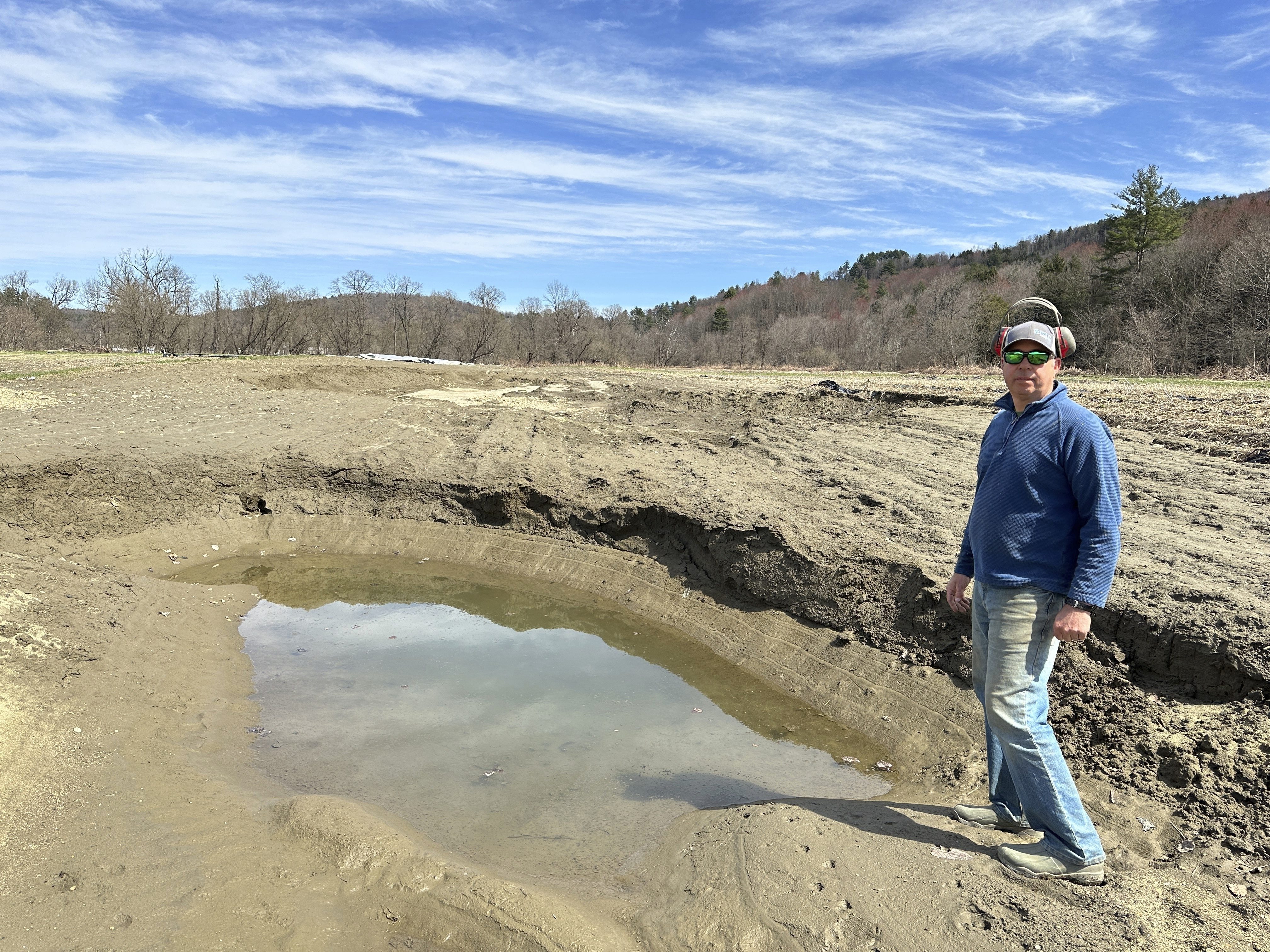The University of Vermont has discovered unintended consequences to its decision to ban the sale of disposable plastic bottles. That policy took effect in January 2013. Bottles of unflavored still water was removed from vending machines and retail establishments on the Burlington campus.
Rachel Johnson and Elizabeth Berman, with UVM’s department of nutrition and food sciences, studied the impacts of the change in retail dining outlets. Their research, published in the American Journal of Public Health, found no change in the amount of plastic entering the campus waste stream.
Instead, the research revealed the bottled water ban led to an increase in consumption of less-healthy bottled drinks, including sodas.
“It was very well-intentioned,” Johnson said of the bottled water ban. “But consumers didn’t change their behavior. They continued to purchase beverages in plastic bottles, but since the healthiest choice was no longer available, they chose unhealthy beverages.”
The University of Vermont installed 75 filling stations for reusable water bottles when the new policy took effect. However, most were located outside of the retail dining facilities in locations like the Davis student center, and not directly alongside the meal choices.
Residential dining halls had long provided students with cups of free water as an option along with the fountain soda dispensers. Plastic bottles are not often a part of meals at the residential dining halls, observed UVM spokesman Jeff Wakefield.
But at the retail locations, which are very busy for both sit-down and grab-and-go eating and drinking, plastic bottles have been much more commonplace. Free water was not as easily available at those locations, but that recently changed with the new research.
Vermont
The latest news from around the state
“What we need to do is make the healthy choice the easy choice for consumers,” Johnson said.
Now, UVM Dining, which is operated by Sodexo, provides free cups and put new tabs on soda dispensers in the retail dining locations, so thirsty customers can get a free drink of water along with their meals or snacks.
The University of Vermont is sticking by the bottled water ban. “I don’t think there’s been anything anyone has ever done in history where they got it right the first time,” said Richard Cate, UVM’s vice president for finance.
Cate said tweaks to the campus bottled water ban this fall will include UVM Dining offering more lower-calorie options, and bringing in new soda dispensers that offer extra flavors than most fountain units do.
Those Coca-Cola Freestyle machines can dispense beverages into paper cups that previously were only available in plastic bottles, which should reduce plastic use.
“You have to be flexible,” Cate said. “We want people to learn from the issues that we’ve been confronted with. Hopefully, we’re crafting solutions they can use as well, on any campus or any organization in the country.”
Cate noted the university will also implement an aggressive public information campaign to promote the reusable water filling stations and the increased availability of healthy beverages in the retail dining outlets.
“This is such a step in the right direction,” said Brit Kelleher, a 2015 UVM graduate who pushed for the bottle ban when she was a student sustainability leader, known as an eco-rep.
Kelleher was glad to hear her alma mater will not return to selling plastic bottles of water in response to the study’s findings.
“If we had stickers on the drink fridges saying, ‘Water is right over there!’ or ‘Did you remember your reusable water bottle?’ or things like that, I think that’s what really needs to happen,” Kelleher suggested.
In a written statement, UVM Dining said in the fall, at least half of its beverages across campus will contain 40 or fewer calories per eight-ounce serving.
“We fully support an education campaign that will empower healthy choices and foster habits of waste reduction,” UVM Dining said in the statement. “We will continue to provide data on beverage usage so that the effectiveness of the campaign can be assessed and revised if needed to ensure that both waste and health goals are met. We understand this is an essential component of a successful bottled water ban.”
Cate said the University is committed to staying on top of the bottle ban’s unintended consequences with a goal of seeing the ban work as it was intended to.



